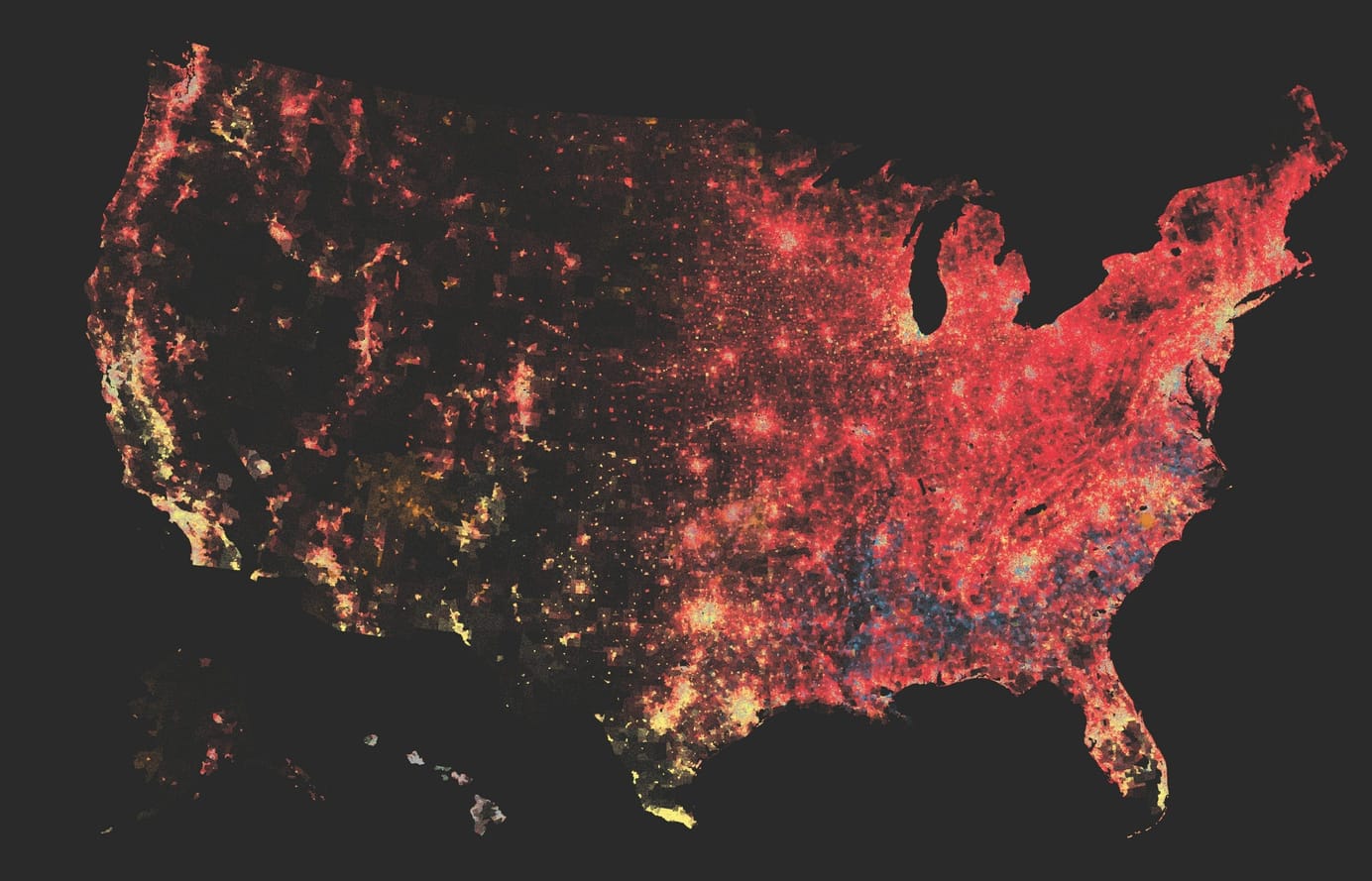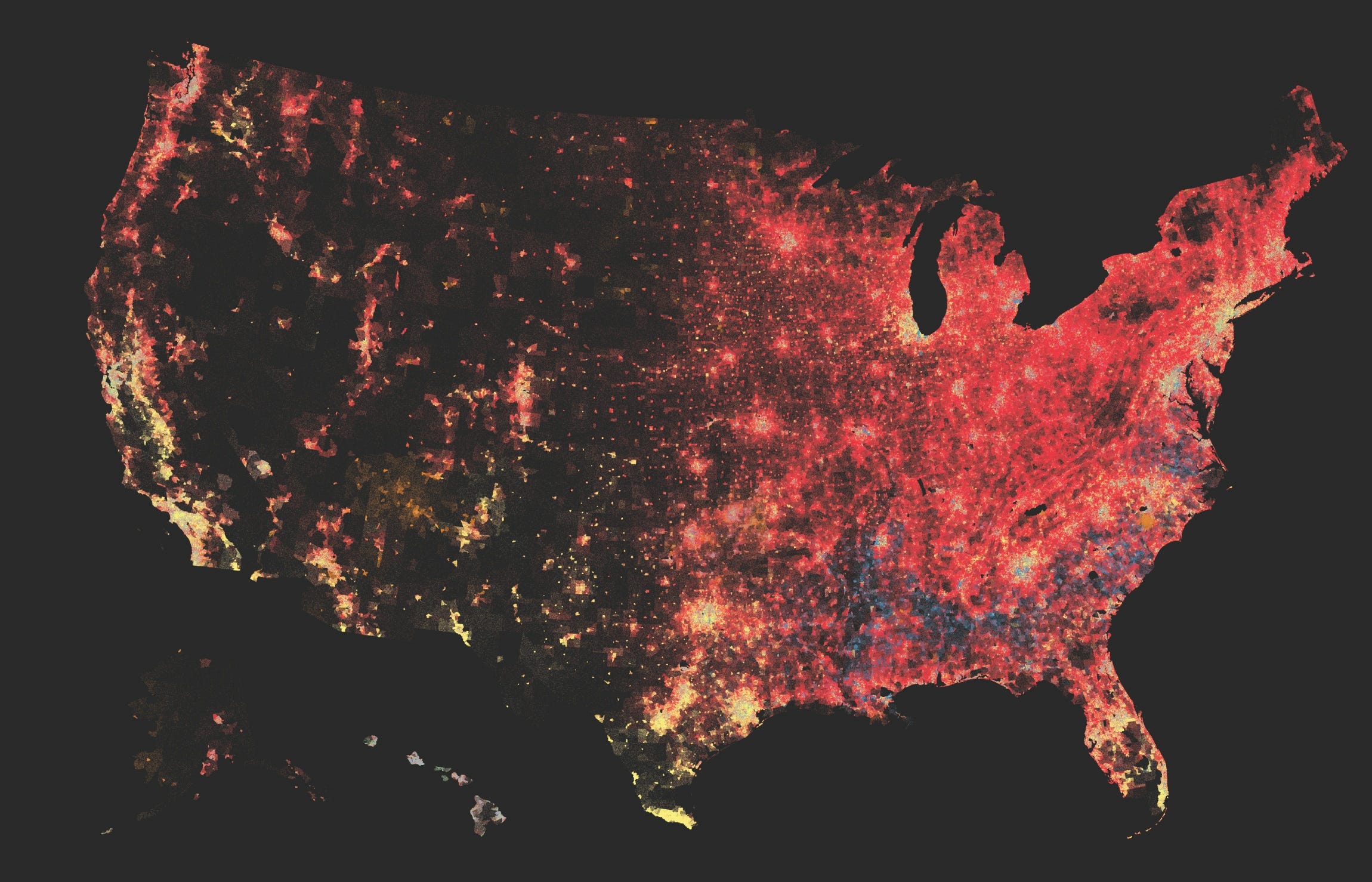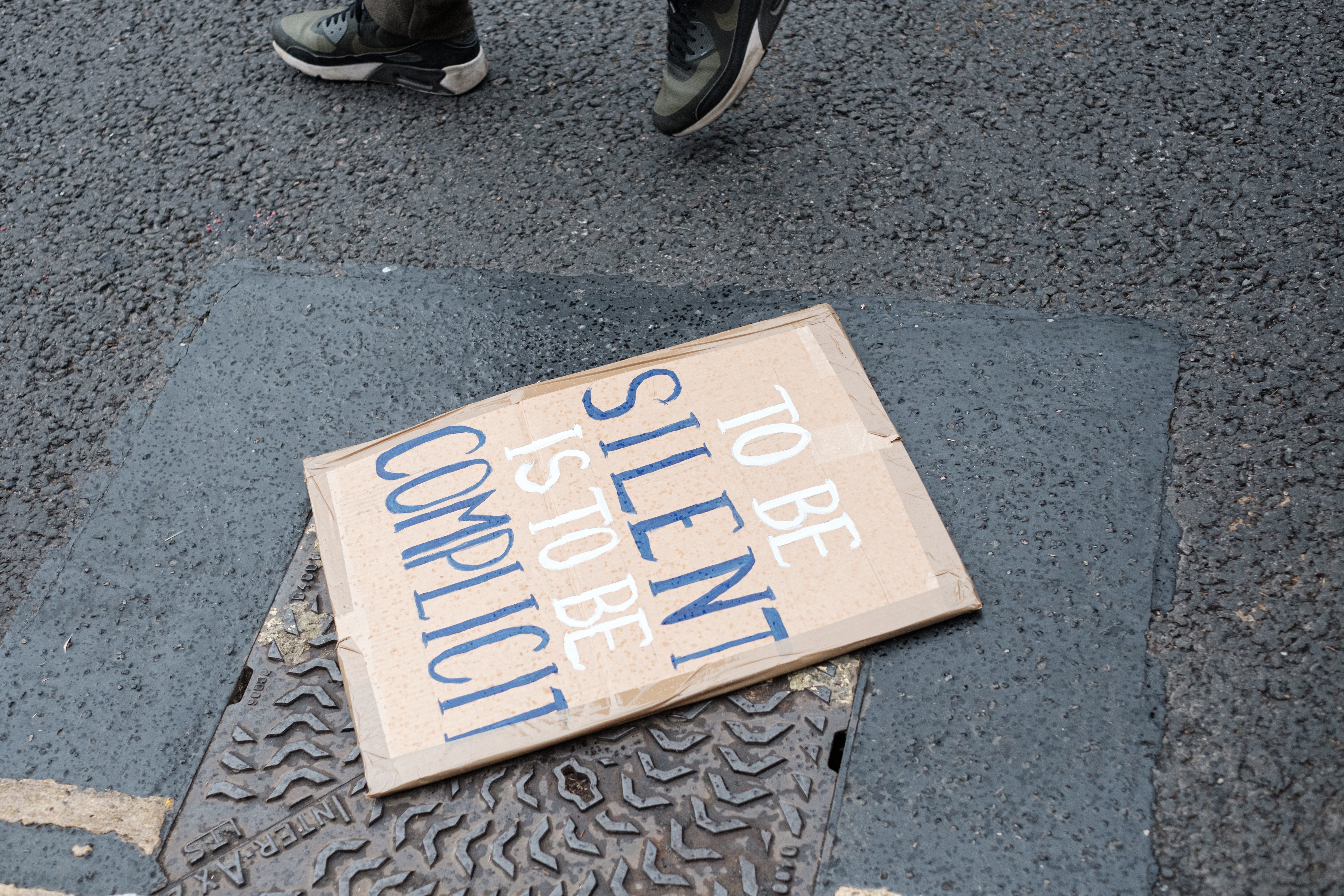
We Are More Segregated Today Than Ever
Part IV: Systemic Racism
🤓 Bite-Sized Knurd: The U.S. is more segregated than ever before. Systemic racism obscures how we are all harmed by White Supremacy so it is our responsibility to illuminate its consequences.
In Case You Missed It: Housing: the Linchpin of Systemic Racism
Read on for more…
The common perception is that housing segregation ended during the Civil Rights Era, but it is very much alive today.
In fact, the United States is more segregated by race than ever before. According to a 2019 study, more than 80% of large metropolitan areas in the U.S. were more segregated in 2019 than in 1990. We may have diverse cities, but communities are clustered dividing neighborhoods by racial lines.
And when you stop to think about it, it makes complete sense.
The Fair Housing Act of 1968 might have prohibited discrimination in housing, but it certainly didn’t correct the wrongs already done. It’s a classic problem. Once you set things in motion, they begin to take on a life of their own.
“Ending de jure segregation in housing requires undoing past actions that may seem irreversible” - The Color of Law
Systemic racism is sinister because it is designed to obscure.
We often don’t know the full consequences of decisions until years or decades after laws are implemented. And even then, we are too busy living and surviving under capitalism that it can be hard to find time to reflect on its wider consequences for society, not just those directly impacted.

Finding the Solidarity Dividend
In an age of heightened polarization, there are many in our country who welcome segregation. They are comfortable being in their homogeneous zones where everyone shares similar views and skin colors.
But this is causing serious damage to our democracy and fraying our society.
In ‘The Sum of Us: What Racism Costs Everyone and How We Can Prosper Together,’ Heather McGhee illustrates why the American economy and government have constantly failed its citizens. Whether it’s the financial crisis, crumbling infrastructure, or defunding public schools, the root of the problem always seems to be racism.
Why can’t we have nice things?
Because others might also get nice things.
Look at Mississippi, where 38% of the population is Black. It is ranked as one if not the worst state in most categories. Mississippi is ranked dead last on the economy, poverty, and quality of life. Their health care, education, and basic infrastructure has been crumbling for decades.
And who suffers from underinvestment?
It is not just Black Mississippians that struggle. Your skin color doesn’t matter if there’s no local hospital during an emergency or no clean drinking water.
The right wing is highly skilled at division. They blame historically marginalized communities for the problems that more powerful institutions hold. The most common example being blaming immigrants when profit-driven corporations lay off workers.
They use it constantly to ensure that fellow citizens don’t see how much they actually have in common. The reality is that we all could benefit from universal healthcare, well-funded public transportation, and affordable and accessible education.
But the right wing already knows this. That is why they have to obscure.
Obscuring Universal Benefits
Systemic racism is so sinister because it obscures the universal benefits of having a multiracial democracy and economy.
Benefits take time. It takes more time to build than to destroy. So when our institutions have been steadily destroyed starting in the 80s, it will take time and conviction to fix what is broken.
Investments in the public have massive benefits that will ricochet for years to come. We just have to show people the upshots.
- Reinvest in public schools → raise more American entrepreneurs and changemakers that boost economic opportunities.
- Rescind zoning laws that limited areas to single-family homes → increased housing affordability, revitalized economic activity, and a healthier climate.
- Invest in harm reduction strategies for addicts → reduction in people experiencing homelessness.
- Redistributing police budgets to social services → crime rates drop as people’s basic needs are met → reduced need for a large police force.
Shifting Perceptions & Beliefs

The consequences of systemic racism are often obscured so it’s up to us to see through the veil and speak up.
The idea of dismantling systemic racism is daunting, but the power each of us holds is vast. Each of us has influence within our circles. By simply naming the insidious consequences of systemic racism, we can introduce ideas that shift people’s perceptions and challenge pre-existing beliefs.
Shifting people’s perceptions leads to changing beliefs that drive new policy decisions.
We must pull apart the complex narrative that White Supremacy has built. By exposing the loose threads, we invite others to pull at the thread themselves to reveal more of its consequences.
How will you shift perceptions in your own community?
the roots of change media Newsletter
Join the newsletter to receive the latest updates in your inbox.



